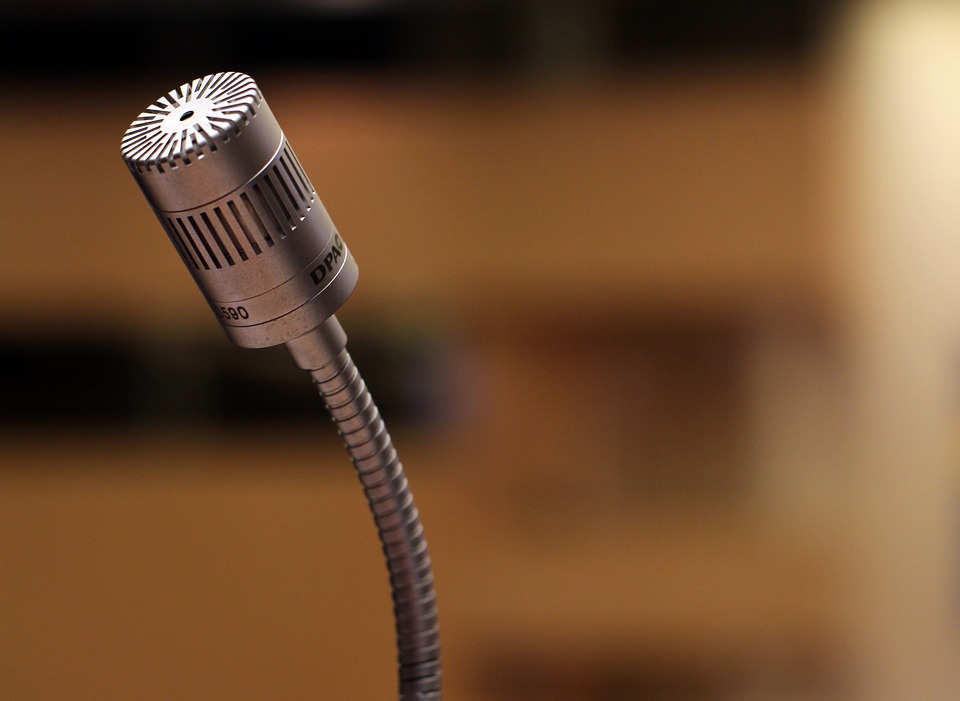Malusi Gigaba announced a revised economic growth rate of 0.7% for 2017, instead of the initial 1.3%, during his mid-term budget speech on Wednesday.
Simon Stockley, who’s the managing director of Catalis Holdings and has a background in debt and equity funding, explained that this is a major cause for concern.
“We have to do better at creating optimism in the economy and stimulating jobs if we are to avoid further social dislocations,” said Stockley.
Predicting low economic growth can reduce investor confidence and lead to money being withdrawn from the South African economy and, according to Gigaba, the country’s growth rate will only improve to 1.9% in 2020 – a very bleak outlook.
However, Stockley believes the minister is to be admired on confronting these economic realities.
He explained that, “Recognizing we have a problem is the first step - what to do about them remains the challenge.”
“With a projected revenue shortfall of some R51 Billion for next year, a broad range of tax increases are invertible come the budget in February – brace yourself for the introduction of a wealth tax,” he added.
A wealth tax, otherwise known as a capital or equity tax, is an additional tax that South Africans would have to pay on their assets, including (but not limited to) the value of their real estate, pension fund, financial securities, and personal trusts.
“Gross national Debt, which is projected at 60 % by 2022, is a serious cause for concern. This means 15% of government revenue will be required to service it by 2020/21,” Stockley explained.
To put this in context, government set aside approximately 15% of the annual 2016/17 budget for basic education, totalling R213.7 billion. Without considering inflation, the same amount will be spent on simply paying off gross national debt by 2020/21.
Overall, Stockley believes Gigaba is simply buying himself time until the budget speech in February next year.
“He has kicked the can down the road while trying to figure out what to do next,” he mused.
In short, Stockley insisted he would hate to be the finance minister in this economic climate, and he described it as “a poison chalice if ever there was one”.
“I expect many sleepless nights in Treasury in the run up to the February budget as the realities of the economy confront the minister,” he said.

